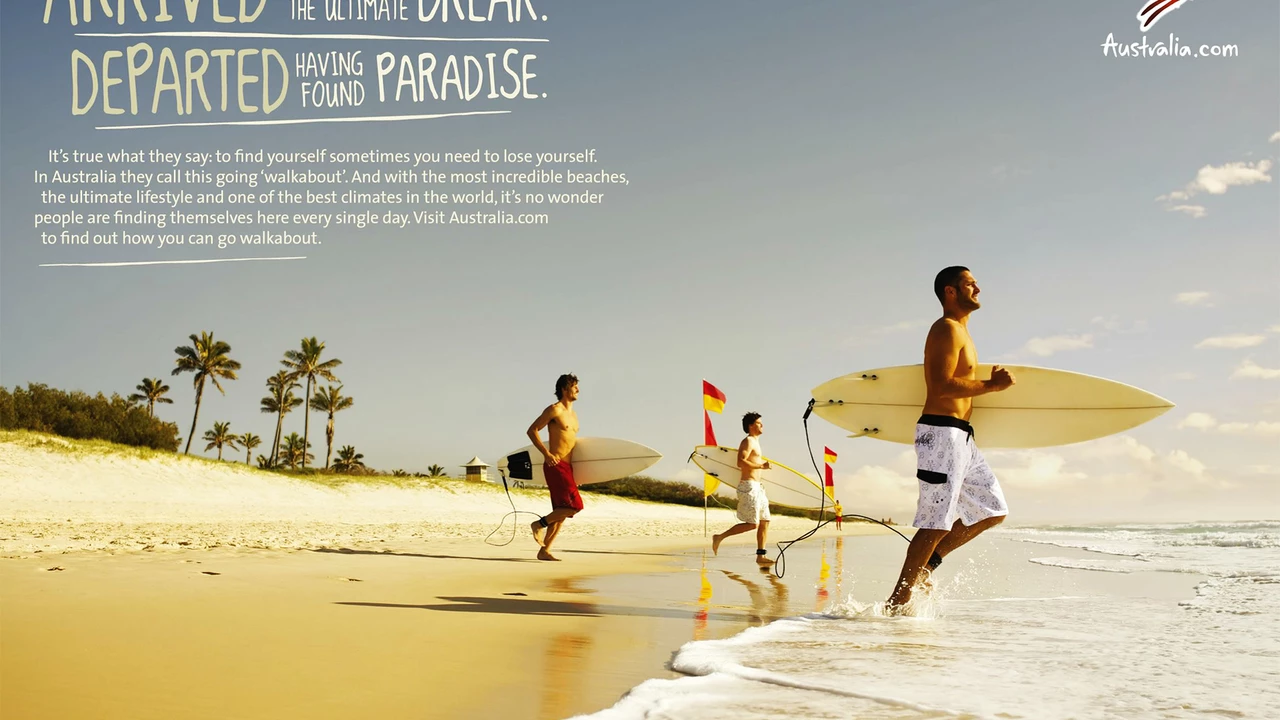Beach Vacation Origins: From Ancient Shores to Modern Getaways
Ever wonder why we rush to the beach every summer? The answer lies in centuries of changing ideas about health, leisure, and what a perfect break looks like.
The story starts with the Romans, who built baths by the sea and claimed salty water healed skin and lungs. They weren’t looking for tan lines; they wanted clean air and a place to relax after battles.
Fast forward to the 18th century, when wealthy Europeans began visiting the French Riviera. At that time, doctors prescribed “sea air” for ailments like coughs and rheumatism. A short stroll on the sand was seen as a prescription, not a vacation.
Britain kicked the beach holiday into high gear in the 1800s. The rise of railways made coastal towns like Brighton and Blackpool reachable for the middle class. Suddenly, a day trip to the sea became an affordable family outing. Boarding houses turned into early hotels, and promenades sprouted to keep visitors safe from the unpredictable tide.
Health Craze Turns Into Fun
By the late 19th century, doctors still pushed sea bathing for its health benefits, but people started adding amusements. Pier rides, amusement halls, and ice‑cream stalls turned seaside towns into entertainment hubs. The beach was no longer just a place to cure a cold—it was a spot for laughter and socializing.
The early 20th century brought the automobile, and coastlines opened up even more. Families could drive to hidden coves, set up picnics, and stay in simple cabins. This era also saw the birth of the bikini in 1946, challenging modesty norms and turning the beach into a fashion runway.Hollywood added another layer. Movies filmed on sunny shores glamorized beach life, making sand, surf, and suntan oil symbols of a carefree lifestyle. Suddenly, a beach vacation meant chasing that glamorous vibe, not just breathing fresh air.
Modern Beach Culture
Today, technology and global travel have mixed old habits with new wants. People still chase health benefits—think yoga on the sand or sea‑water therapy—but they also seek Instagram‑ready sunsets and epic surf spots. The core idea remains: the beach offers a break from routine, a place to reset.
Understanding where beach vacations began helps us appreciate why we love them so much. From Roman baths to Instagram reels, the sea has always been a stage for healing, fun, and status. Knowing this history can make your next trip feel richer—you're not just sunbathing, you're continuing a tradition that’s been evolving for millennia.
So the next time you pack your towel, remember: you’re stepping into a story that started with soldiers, doctors, and early tourists. Enjoy the sand, the surf, and the sense that you’re part of a long‑standing adventure.
